iHeartDogs is reader-supported. When you buy via links on our site, we may earn an affiliate commission at no extra cost to you.
How To Conquer Your Cocker Spaniel’s Separation Anxiety, Sound Anxiety or Travel Anxiety
If your cocker spaniel is experiencing anxiety, life can be miserable both for you and your pup. I myself spent 2 years battling extreme separation anxiety with my dog, and we successfully came out on the other side. In this article I’ll share some of the resources and strategies that worked for us.
There are many forms of anxiety that your cocker spaniel may be suffering from. Typical causes of anxiety in cocker spaniel’s might be:
- Separation anxiety – Fear of being separated from their owner. This often manifests itself by your cocker spaniel pacing, drooling, biting, or being destructive while you’re away.
- Sound anxiety – Fear of loud noises like thunder, fireworks, or a vacuum cleaner
- Travel anxiety – Fear of traveling in a moving vehicle, or fear of intimidating places like your vet’s office or a boarding kennel
Simple Ways to Calm an Anxious Cocker Spaniel
1. Experiment with Hemp Oil for Your Cocker Spaniel’s Anxiety
One of the tools I successfully used in treating my dog’s anxiety was Hemp. While your results may vary, approximately 67% of the dog owners polled here claimed that Hemp was ‘extremely effective’ or ‘somewhat effective’ in helping their dog’s anxiety.
In my experience, Hemp helped my dog calm down enough to respond positively to the other training methods I was using to treat her anxiety. When choosing a Hemp oil, always look for a certificate of analysis showing a pure and safe product. I’d also recommend a product with 0% THC.
If you’d rather not give an hemp oil tincture to your dog, there are also great full spectrum hemp treat options available for dogs on Amazon.
2. Desensitize Your Cocker Spaniel to The Cause of Their Anxiety
A key strategy for treating your cocker spaniel’s anxiety is desensitizing them to the trigger of their fear. For example, my dog’s anxiety was triggered anytime I walked out the door to leave the house. For other dogs, the trigger might be you grabbing your keys or putting on your coat.
Begin by doing the trigger activity, but then immediately reversing it. For example, I would grab my keys and walk out the door. Then I’d come back 5 seconds later. I did this literally hundreds of times over a period of a week. Eventually, my dog was desensitized and bored by the behavior.
Related: Best Calming Supplement for Dogs

3. For Sound Anxiety, Trying Isolating Your Cocker Spaniel and Playing Loud Music
Many cocker spaniel’s that suffer from thunderstorm or fireworks anxiety experience relief in a smaller, more isolated room of the house where music can be played at a loud volume. A word of caution though, if your dog is also experiences separation anxiety leaving them alone in a room during may be counterproductive.

4. Try Using a Compression Wrap (Available in Many Sizes and Will Fit Your Cocker Spaniel)
Many dogs are comforted by the feeling of compression across their body. One popular product many have found success with is the Thundershirt (available on Amazon). The product applies gentle, calming pressure that is very reassuring to many pups. The company claims the product to be helpful for about 80% of the dogs who tried it. It can be used to help calm your australian shepherd during fireworks, thunder, separation, travel, or vet visits, with no training and no medication required.
5. Try an Herbal Supplement for Your Cocker Spaniel with Calming Herbs Like Chamomile, Passion Flower, Ginger Root or Valerian Root
Many calming supplements exist for dogs that are palatable for dogs, easy-to-feed, and can help quickly relieve your Cocker Spaniel’s stress and give a sense of safety and calm. Some supplements contain calming herbs like chamomile, passion flower, ginger root, and valerian root are a great option.

6. Experiment with a Pheromone Diffuser for Your Cocker Spaniel
Canine pheromone diffusers mimic the calming pheromone that a mother dog emits while nursing her puppies. The diffuser can help many dogs feel calmer and more comfortable in stressful situations. The same company that makes the Thundershirt above also makes a product called ThunderEase diffuser, which is also available on Amazon.
7. Try an Anti-Anxiety Supplement Containing L-Tryptophan, L-Theanine or Melatonin
Other popular ingredients in anti-anxiety supplements include the amino acids L-Tryptophan and L-Theanine, both of which offer calming properties and increase the release of “feel good” serotonin in your dog’s body. In addition, some calming products for dogs contain a small amount of melatonin, which can help regulate and improve their sleep. All these of these ingredients are available in some chews such as this. This calming chew is also available on Amazon.

8. Experiment with Using Your Own Scent & Sound to Calm Your Cocker Spaniel
In my experience, using your own scent and sound to help calm your dog is a powerful strategy in beating anxiety. I stumbled upon this one day with my own dog by accident.
Typically, if I left the home my dog would instantly enter a panic. But one day I needed to take a long phone call, and left my dog outside my bedroom door where I took the call. During the call, she calmly lied next to the door, where she could obviously smell and hear me. It occurred to me that I could possibly mimic this tactic while I wasn’t at home.
I recorded my voice on a CD player and then put it on loop. Then I placed a used t-shirt on the inside of the door where she could easily smell it underneath. To my surprise, I was able to leave the house for a short time. (I monitored her on a video camera). I slowly increased the length of time I left, and always found her calm and sincerely believing that I was just behind the door!
If you’d like to read the full story of how I cured my dog’s extreme separation anxiety, go here.
Another great product to help calm your dog is the Comfort Cuddler Buddy. You can stuff the cozy fleece man with your clothing or pillow case with your scent, and leave with your dog.
Lastly, another popular calming product is the heartbeat puppy toy. Traditionally, these have been used to help calm puppies who recently left their litter. The plush toys come with a warming features as well as a simulated heartbeat. While originally intended for puppies, many dog owners have found they can effectively calm dogs of all ages. This popular model is available on Amazon.
Effective Anxiety-Calming Methods for Cocker Spaniels
Defeating your cocker spaniel’s anxiety is possible, but every dog’s journey will look different. I hope the tools and strategies above will be helpful to your journey.
If you’d like to learn more about the Hemp oil and calming chews we use here at iHeartDogs, learn more below.
For best results, you can pair the above Hemp oil with the calming chews below. Between the 2 supplements, they offer 10 active and natural ingredients to help calm your dog without the use of medication.
Top Pet Insurance Plans for Cocker Spaniel
Frequently Asked Questions About Cocker Spaniel Anxiety
While lovable little pooches, Cocker Spaniels can sometimes get anxious and stressed out. Just like humans, they may worry about certain situations and start feeling on edge. For Cocker Spaniels, these situations can include anything from loud noises and crowded places to unfamiliar people and separation from their owners. With the right care and attention, you can help your Cocker Spaniel live a happy, stress-free life.
1. Are Cocker Spaniels Prone to Anxiety?
Cocker Spaniels are more likely than other breeds to experience anxiety because they are bred to be faithful and loving companions. They often struggle with being alone. Other causes include lack of socialization, traumatic experiences, inadequate exercise, and genetic predisposition. If you suspect your Cocker Spaniel is anxious, work with a veterinarian or trainer on a treatment plan, which may involve behavioral modification, medication, or both.
2. What Are Signs of Stress for Cocker Spaniels?
Like many breeds, Cocker Spaniels display clear signs when they’re anxious. Common symptoms include:
- Excessive barking or whining
- Destructive behavior
- Aggression
- Hiding or avoidance
- Panting and pacing
- Loss of appetite or overeating
- Licking or biting themselves
If you notice these signs, consult your veterinarian or trainer to identify the cause and create a plan for relief.
3. Do All Cocker Spaniels Have Separation Anxiety?
No, not all Cocker Spaniels suffer from separation anxiety, but they are prone to missing their humans more than most breeds. Some may be aloof, while others need constant closeness. Environmental factors also play a role, so reducing stressors can help even the most sensitive pups.
4. How Do You Calm an Anxious Cocker Spaniel?
Some Cocker Spaniels are anxious by nature, while others are influenced by their environment. Owners may unintentionally fuel anxiety by reacting strongly to their dog’s behavior. Here are some ways to help:
- Create a safe and secure environment
- Provide plenty of exercise
- Introduce relaxation techniques
- Use training and behavior modification
- Consider medication when recommended
- Try a calming dog shirt
5. At What Age Do Cocker Spaniels Calm Down?
Cocker Spaniels usually calm down between 2–4 years of age. Before that, their energy and anxiety levels can be quite high. With age, exercise, and proper training, most become more manageable and balanced.
6. Why Is My Cocker Spaniel So Clingy?
Cocker Spaniels are known for sticking close to their owners. This may seem overly clingy, but it’s often a sign of affection. However, clinginess can also signal separation anxiety, discomfort with strangers, or even health issues. If clinginess becomes excessive, consult your vet to rule out medical causes.
7. Do Cocker Spaniels Have Attachment Issues?
Yes, Cocker Spaniels form strong bonds with their owners, and sometimes this leads to attachment issues. These can manifest as separation anxiety, clinginess, or difficulty socializing with others. While not all Spaniels experience this, providing balance and independence training can help.
8. Do Cocker Spaniels Tolerate Being Alone?
Cocker Spaniels are social dogs that dislike being left alone for long periods. Extended separation can lead to stress, drama, or anxiety. To help, provide exercise, mental stimulation, and consider a pet sitter or dog walker if you’re away often.
9. What Can I Give My Cocker Spaniel for Anxiety?
Exercise and mental stimulation are the best natural remedies. For more anxious dogs, calming supplements like CBD oil, chamomile, or L-theanine may help. Always consult your vet before giving supplements. In severe cases, a vet may recommend medication or professional training support.
10. Can You Train a Cocker Spaniel to Be Less Anxious?
Yes, with patience and positive reinforcement. Use gentle exposure to triggers, reward calm behavior, and create a consistent routine. Training commands like “stay” or “settle” can redirect anxiety. If problems persist, seek help from a trainer or behaviorist.
11. Why Does My Cocker Spaniel Cry All the Time?
Crying and whining are natural ways for dogs to communicate discomfort, much like a baby. Causes may include hunger, fear, pain, or even environmental stressors. Rule out health issues first, and then address behavioral triggers.
12. How Do I Teach My Cocker Spaniel to Be Alone?
Teaching independence should be gradual. Steps include:
- Start with short absences (5–10 minutes) and build up slowly
- Offer treats or toys when leaving and returning to create positive associations
- Practice “fake” leaving routines to desensitize them
- Provide puzzle toys and interactive games to keep them busy
- Use crate training for a safe and secure space
- If anxiety is severe, consult a trainer or behaviorist

 1 week ago
23
1 week ago
23
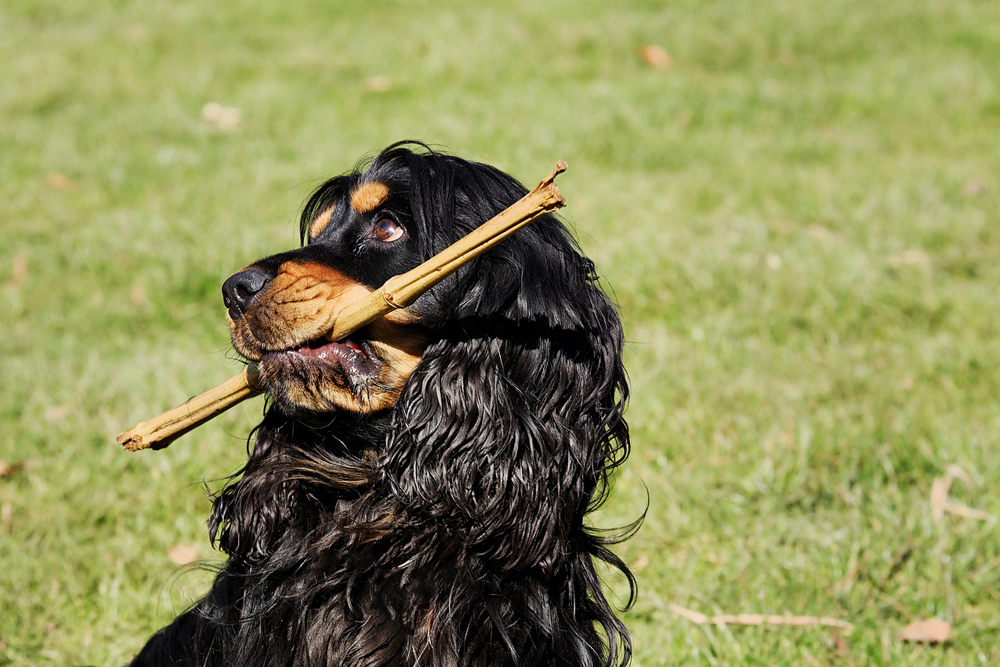


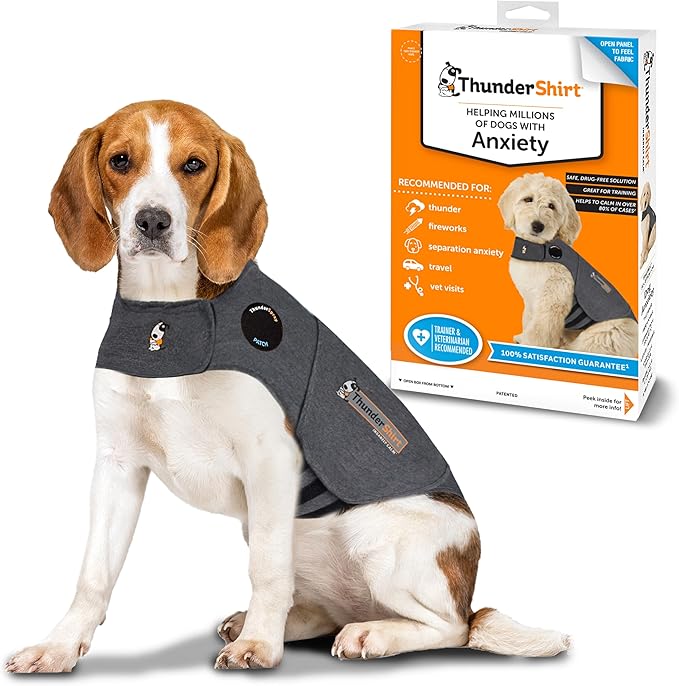

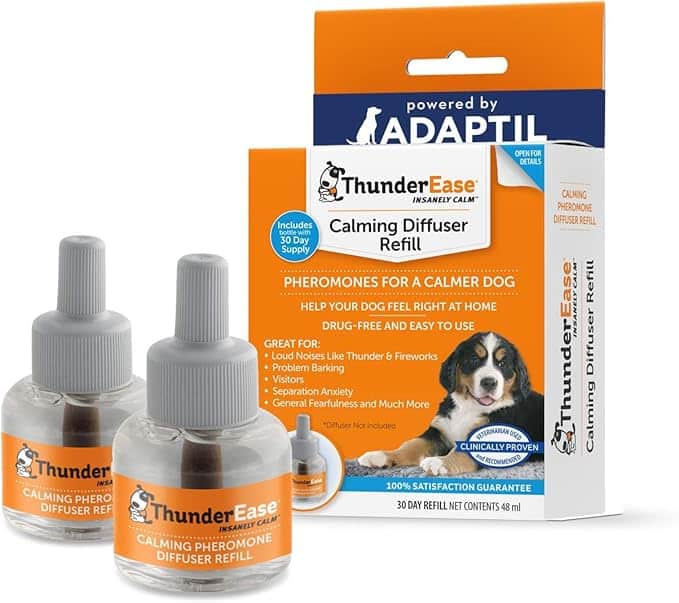

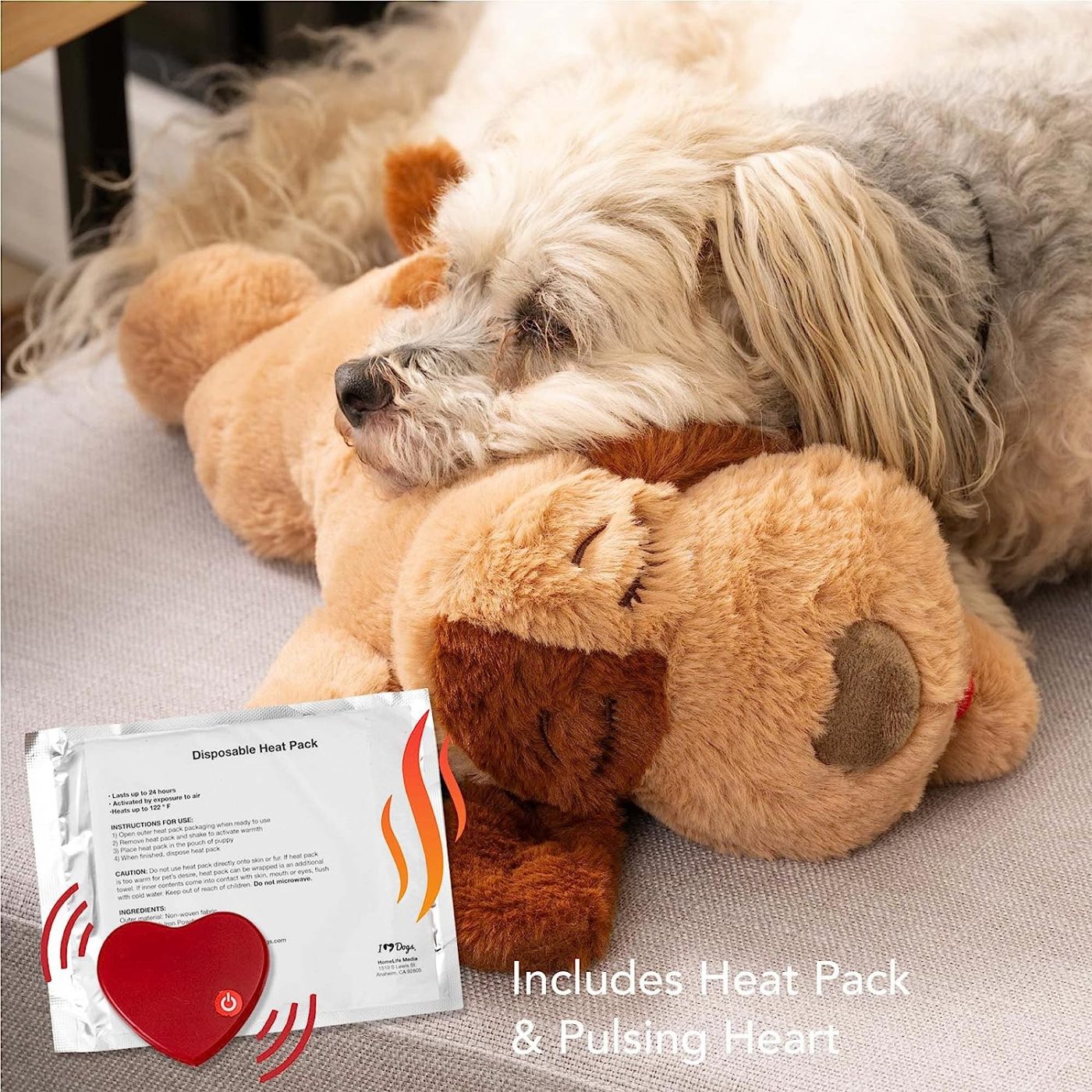
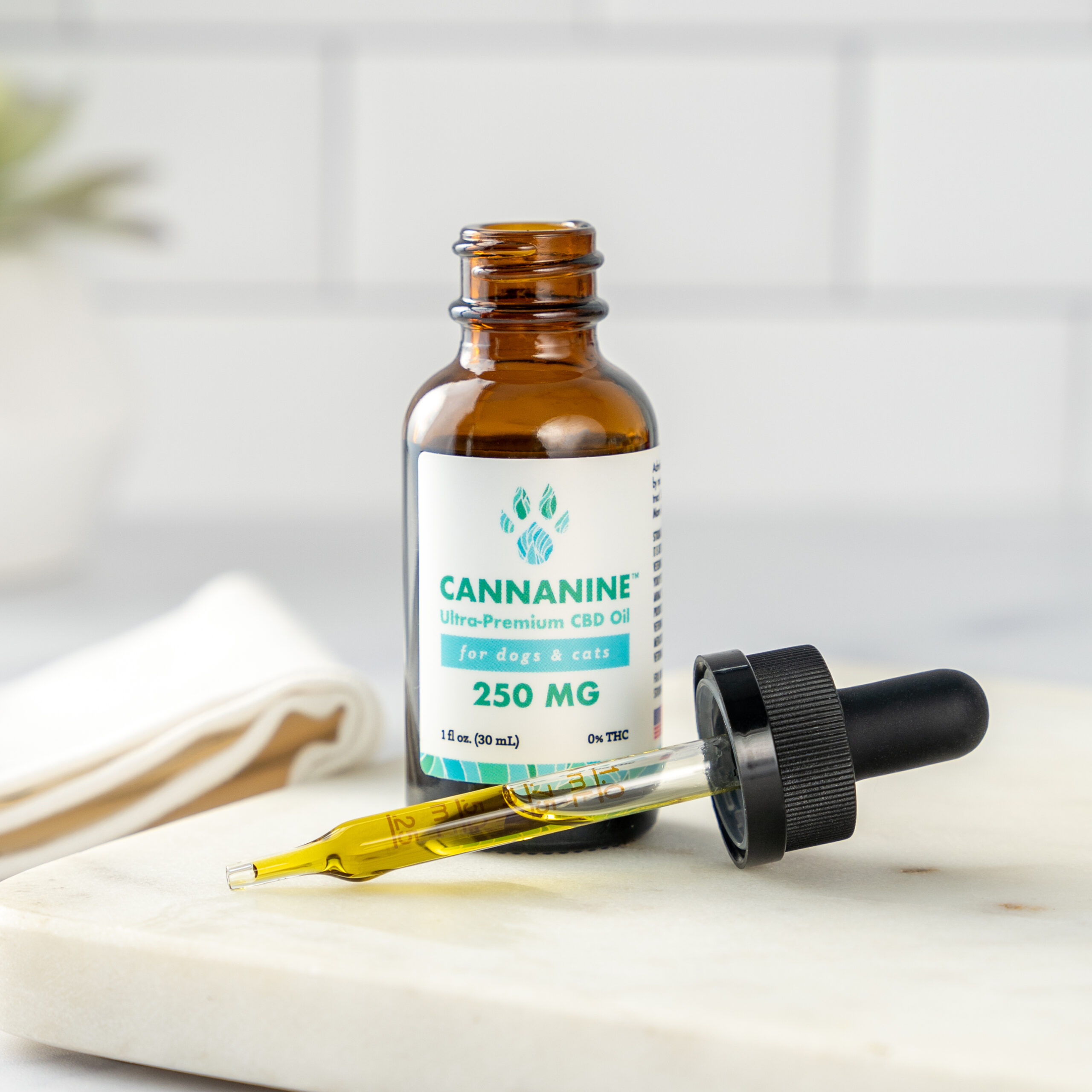
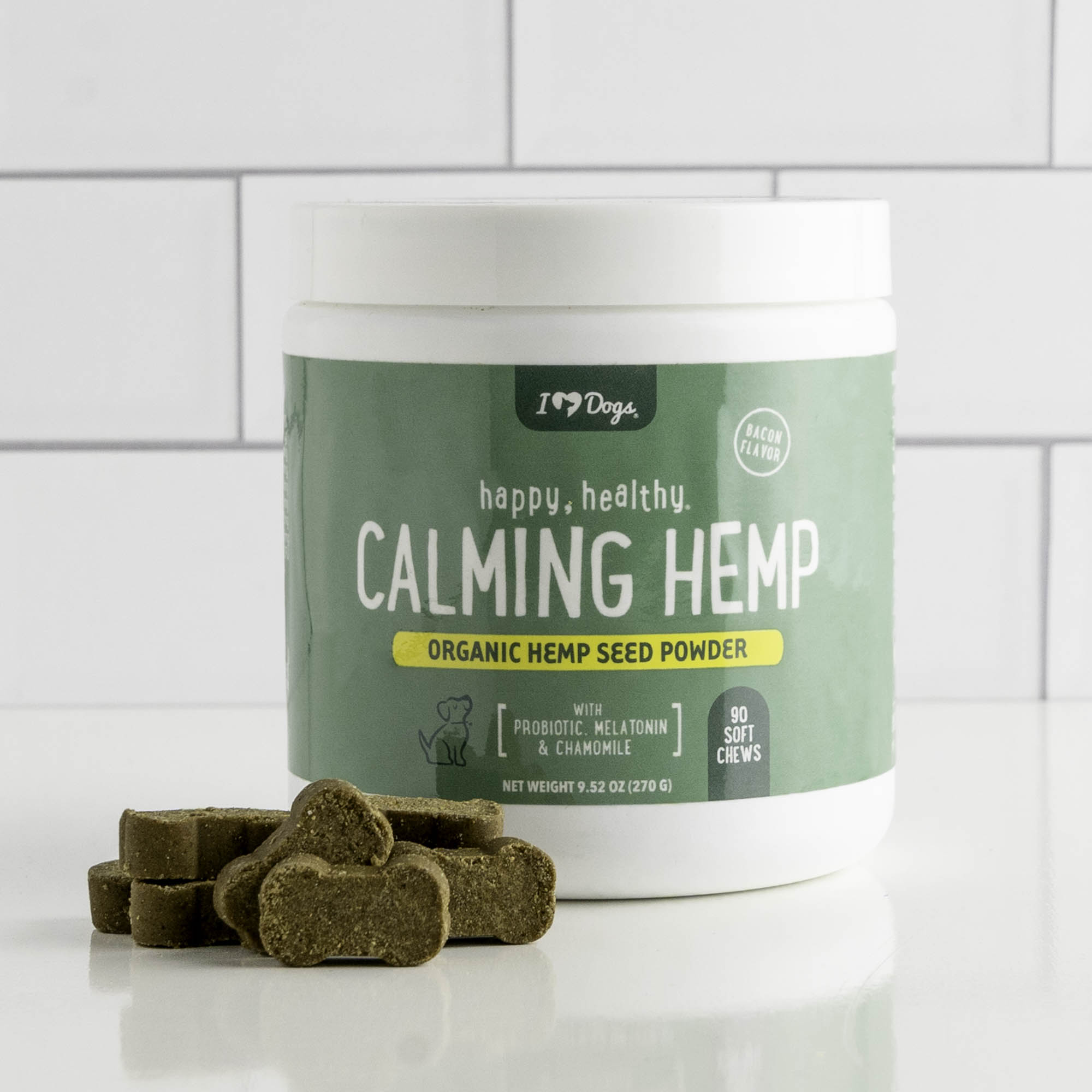
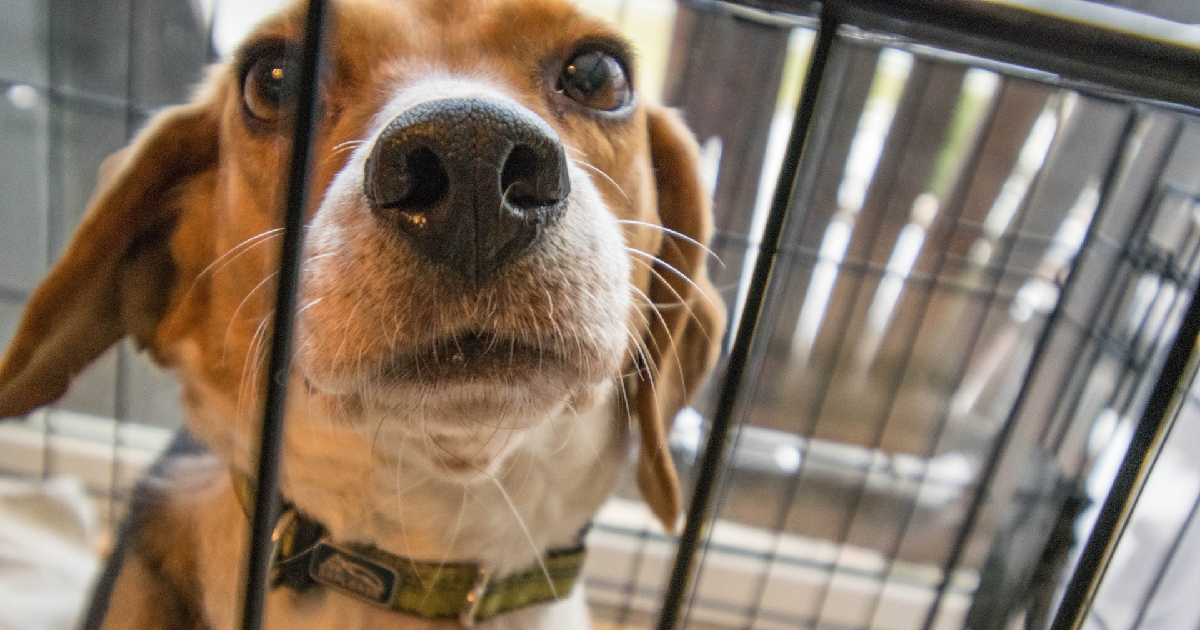
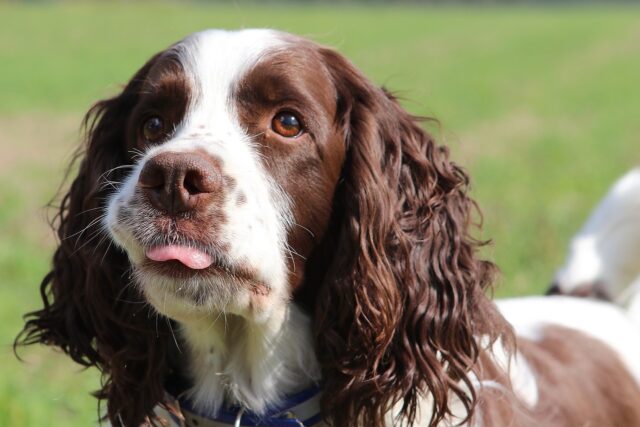

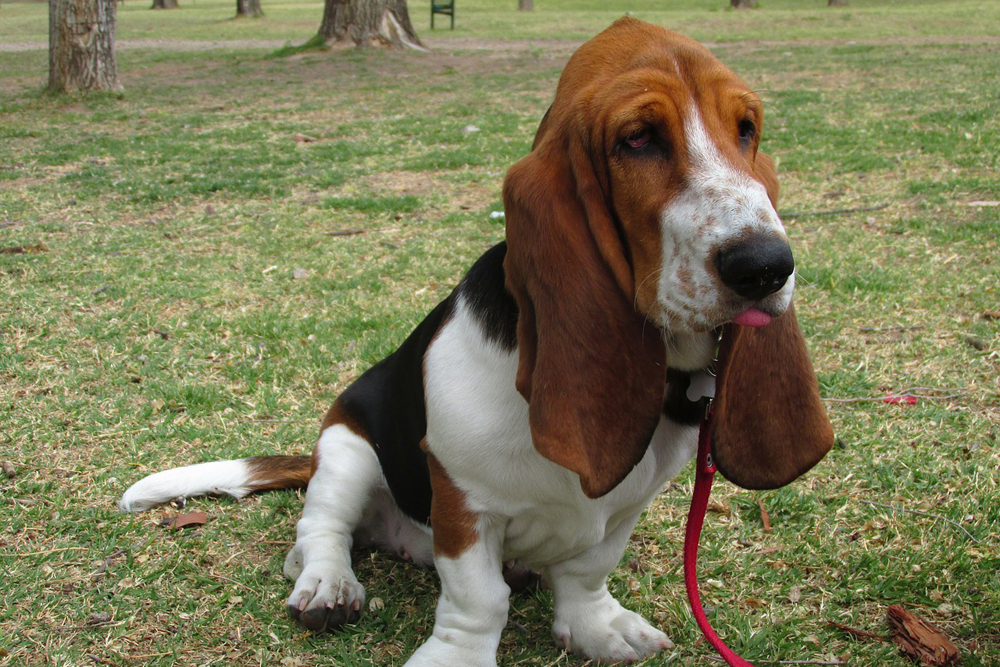
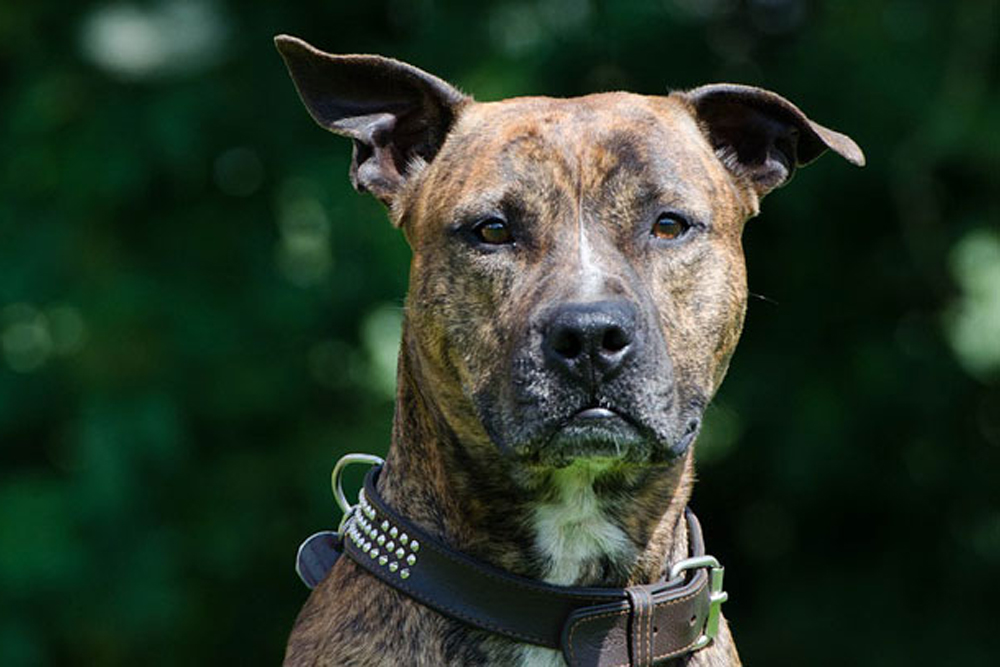


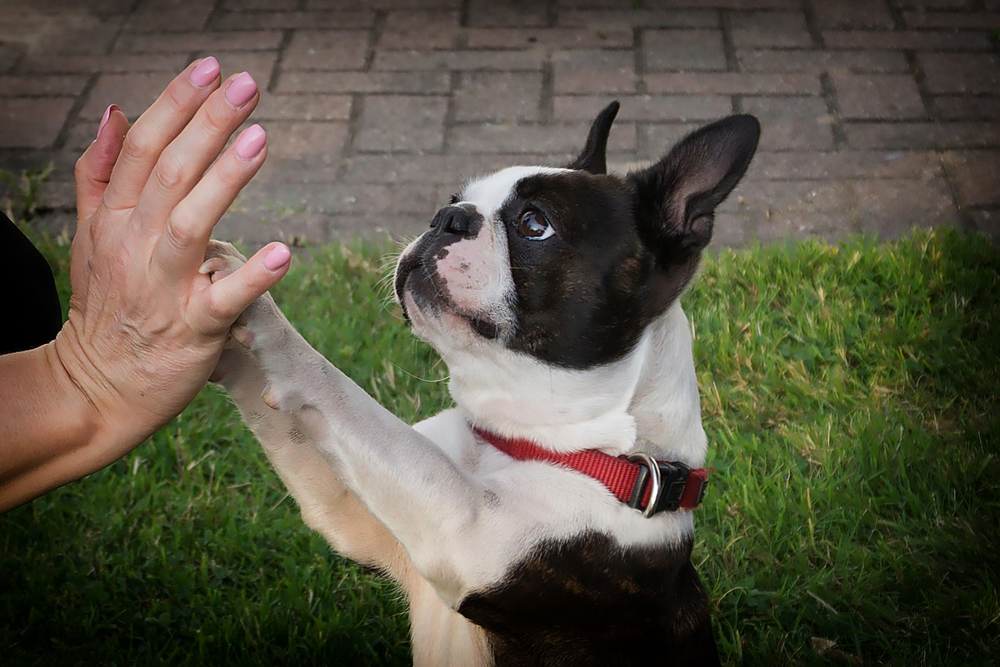
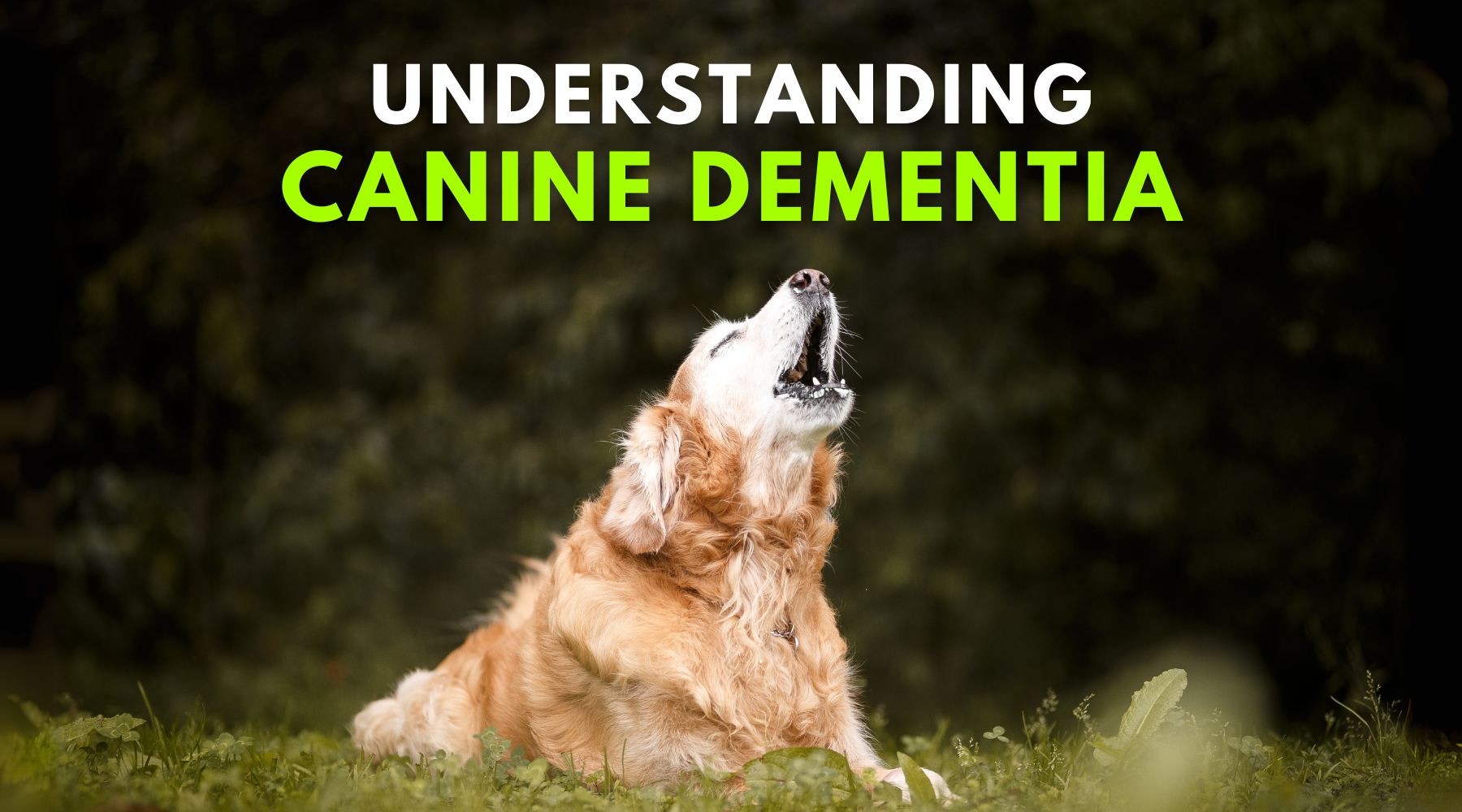

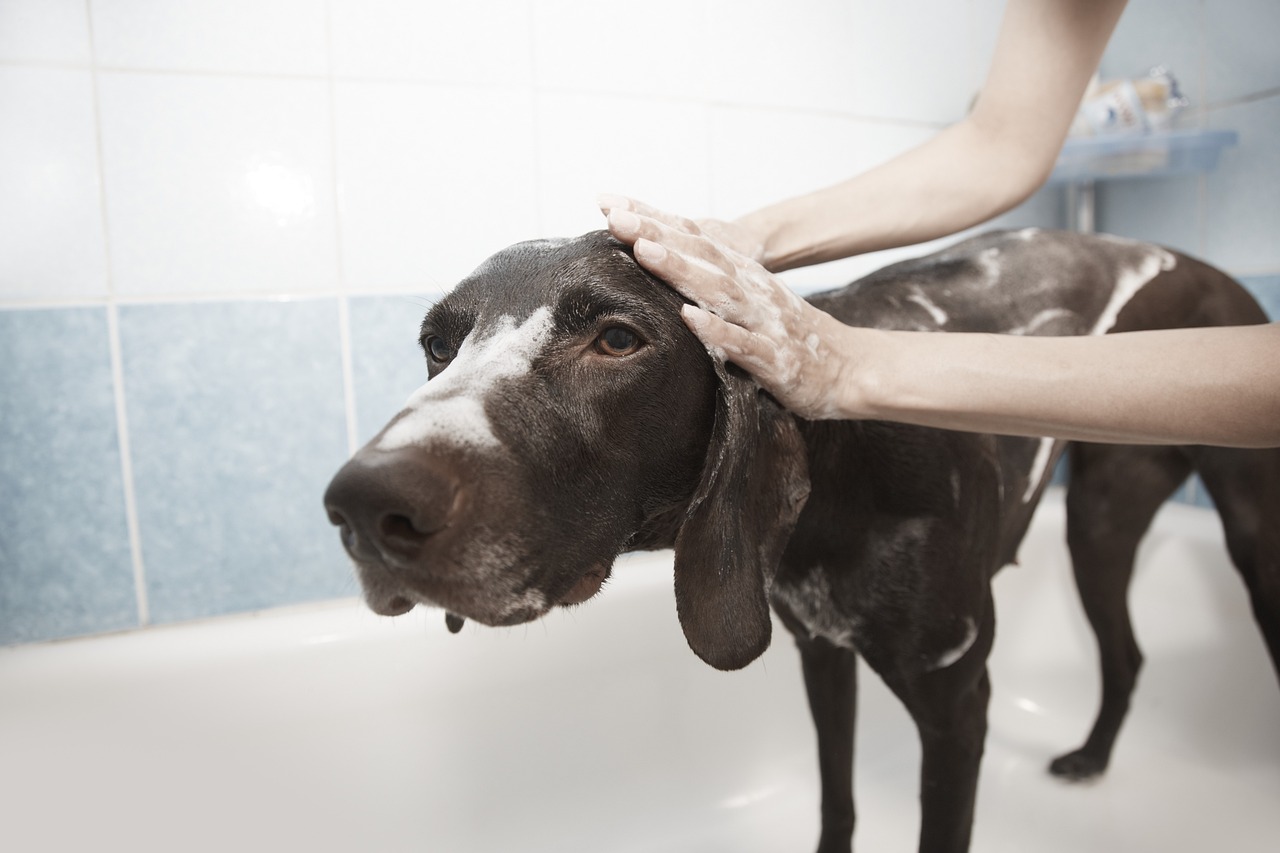



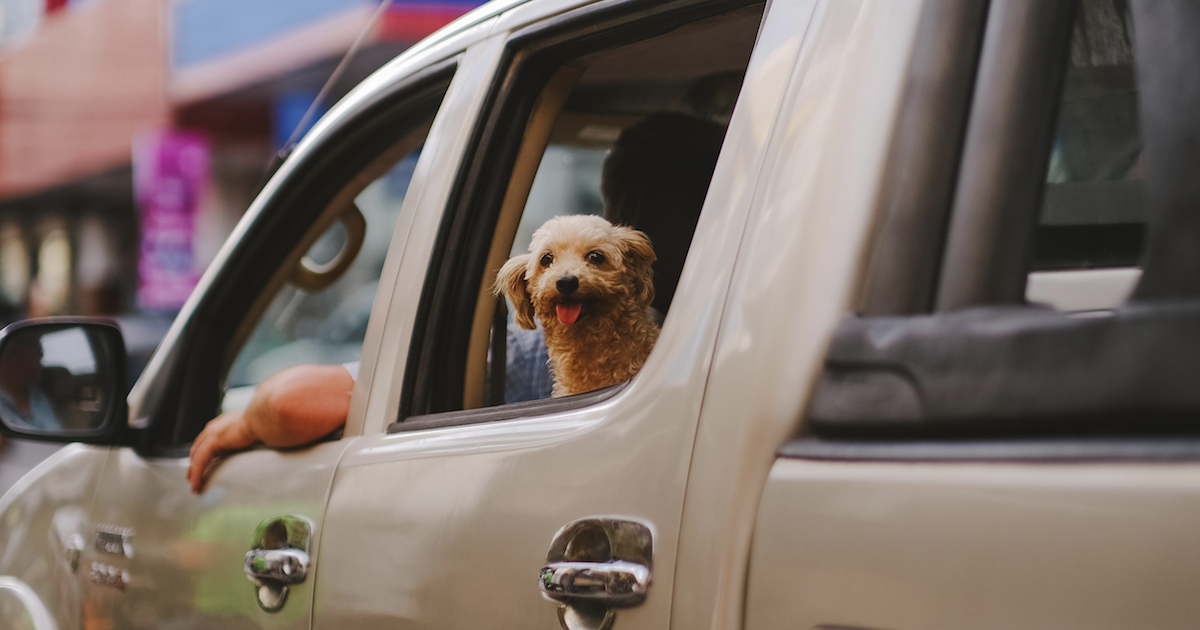


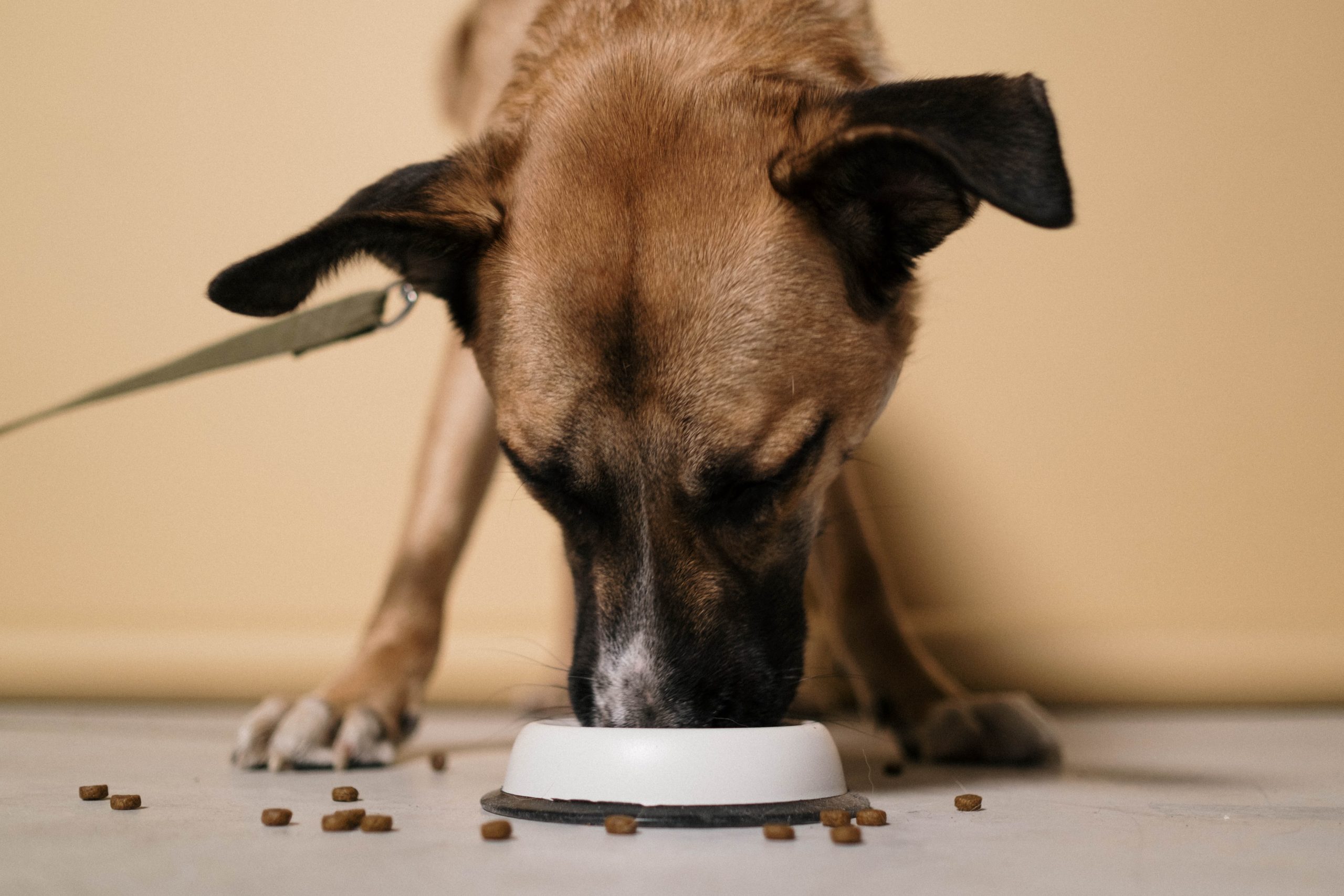
 English (US) ·
English (US) ·